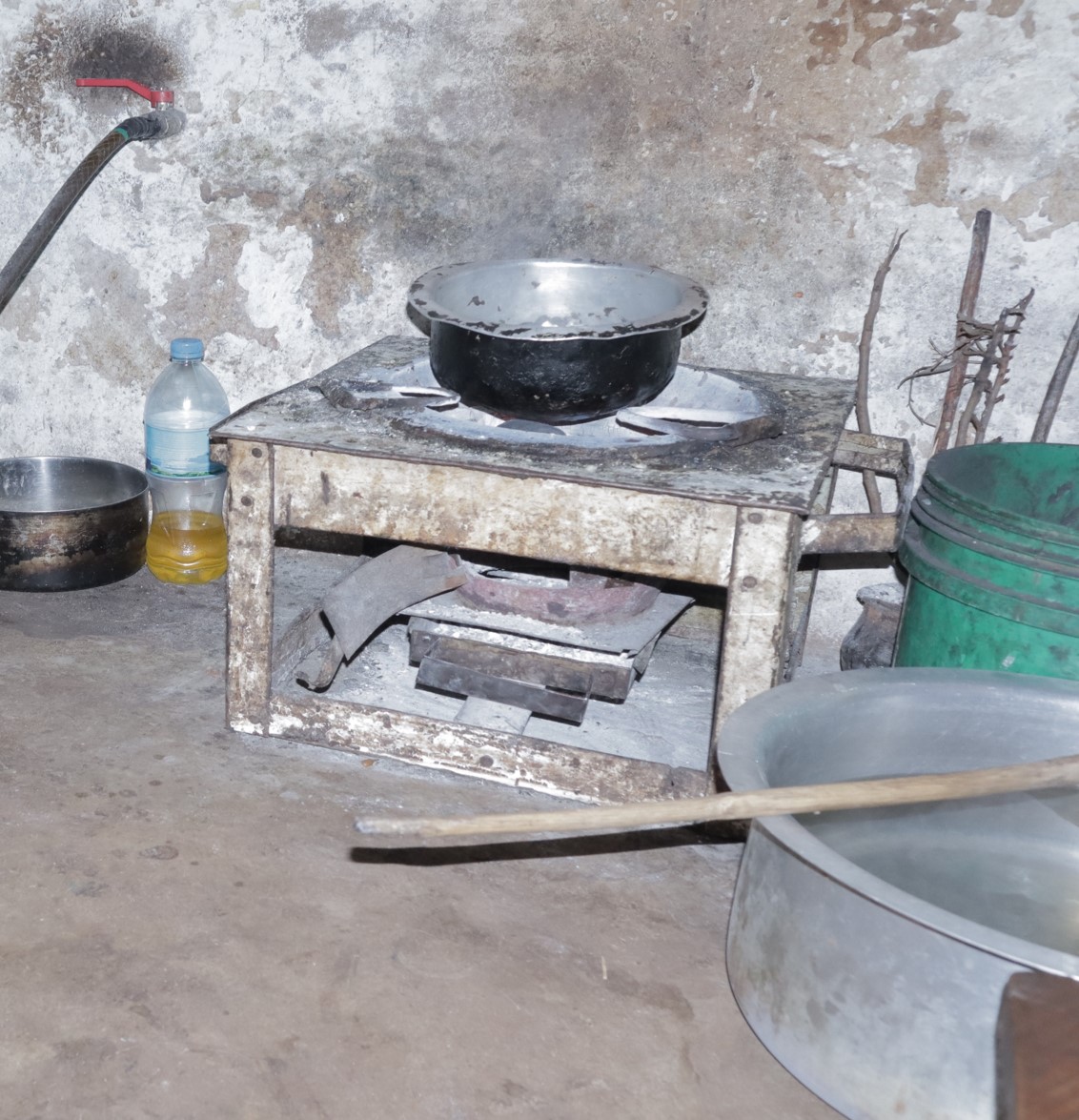The local technician will be gathered and trained to have the common knowledge so as to produce high-quality and clean cooking stoves. The stoves which will be produced will be subsidized so as to help people to access the stoves and pay for them in installments.
Efficient cooking stoves

Local fundi and partner with public and private sector
Biomass fuel used for cooking domestically has many side effects particularly to women and the environment. A lot of firewood or charcoal is required to prepare meals; smoke is emitted which affects women during cooking; women have to travel long distances in search for firewood; and there is air pollution that affects the environment. The use of biomass fuels like wood and charcoal, contribute significantly to indoor air pollution, leading to respiratory illnesses, especially among women and children who spend considerable time near cooking areas. These methods also drive deforestation and environmental degradation, as the demand for firewood and charcoal depletes natural forests. So the adoption of efficient cooking stoves. The increase of depending of biomass energy as the efficient cooking stove innovation aim to reduce the volume of depending of biomass.
The model employs the local technician (Fundi) in producing the efficient cooking stoves which have the unique characteristics. This model has features such as burnt wood or charcoal cleanly and efficiently thus reduces greenhouse gas emissions and harmful pollutants. The innovation saves firewood consumption and improves indoor air quality.
The solution leads by local people who produce the efficient cooking stove is local fundi who was introduced as Mr. Gergory from Manyara and Madam Rose Ramadhani, who has been using the technology for several years. This suggests it might be a community-driven initiative. The efficient stoves are sold directly to households. The model is facing the competition from traditional cooking stoves using wood or charcoal inefficiently.
The solution has led to direct reductions of daily firewood use reducing the smoke and harmful pollutants- leading to better health for users.
By addressing the initial cost barrier through policy and community support, efficient cooking stoves have significant potential for widespread adoption (scaling out) while fostering a culture of sustainable practices (scaling out) and gaining support from government (scaling up). This three-pronged approach can significantly contribute to climate change mitigation efforts. The efficient cooking stoves are already being used in Manyara, suggesting some level of adoption in local community. The innovation employs local fundi and technology in production which is not expensive and can be adopted. The efficient stove reduced firewood consumption, improved health due to lower indoor air pollution, potential climate change mitigation. The higher initial cost compared to traditional stoves so it needs financial support intervention to insert the relief in adoption of this intervention. Also, aligns with policies and frameworks of Tanzania like Renewable Energy Act, 2015, Environmental Management Act, 2004, National Energy Policy, 2015, Sustainable Energy for All (SE4ALL) Action Agenda to promote clean clean energy including cooking stoves.
The innovation has been released and it is working. It has been adopted by households in Manyara. The Local technicians are capable of increasing production and to supply the stoves even to other regions.
To organize the workshops and awareness session to the communities on the importance of efficient cooking stoves effectively. But also, to create networks connecting stove builders, users, and local organizations to share knowledge and experiences. On the other hand the model needs to be advocated on policies that incentivize efficient stove production and purchase through subsidies or tax breaks. Encourage other communities to adopt the model by providing resources and training. To ensure the assess of efficient stoves the way and model which will lead to access credit for stove purchase and ensure availability of materials for local production.
There are opportunities regarding the market of this innovation as most of the community members are shifting to adoption efficient stoves. The government frameworks support clean energy and less pollutant source of energy.

